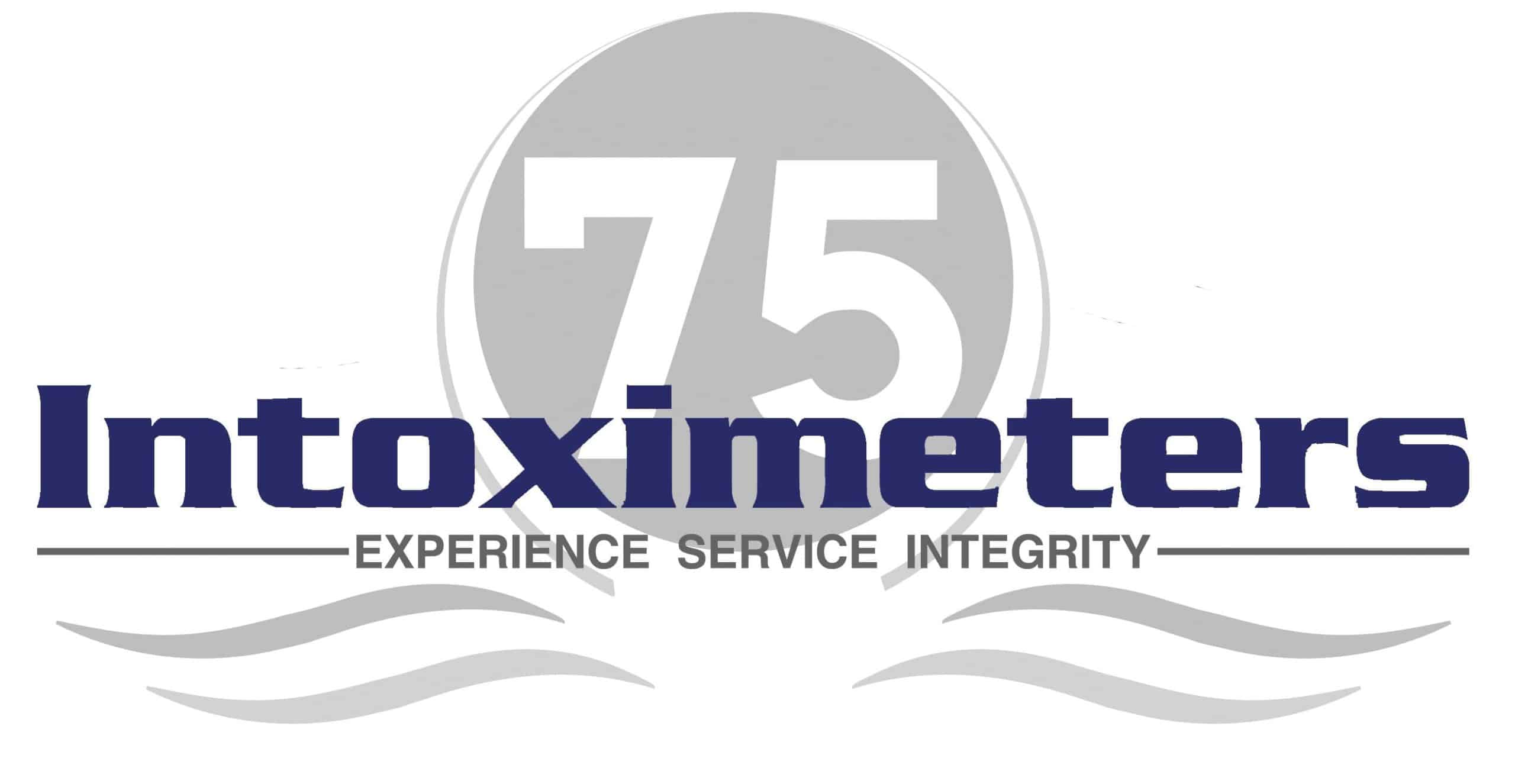An audit by a DOT Operating Agency can be initiated in various ways. It may be a random event or DOT could be actively investigating. Some operating agencies (e.g. FAA) have regularly scheduled audits with larger employers. Service Agents generally get audited because the inspector found the name of the service provider when auditing an employer or through anonymous tips.
An audit can be a stressful and overwhelming experience. The more prepared you are, the less stressful your audit will be.
Ten tips that can help make your audit less intimidating
1. Maintain meticulous records.
Remember that a DOT auditor/investigator can inspect any of your DOT records including training, collection, and logbooks as well as name-specific test results. The best practice is to keep all DOT records separate from any medical charts to avoid confusion and privacy issues.
2. If notified of an impending audit, have all requested documents available for the auditors when they arrive.
The more prepared you are, the smoother your audit will go. It is much better to dig out the requested information yourself rather than place a giant stack of papers in front of the auditor for him or her to search. Who knows what the auditor might find in the stack.
3. Make sure that none of the records to be inspected have errors on them.
We recommend that you establish an ongoing policy for reviewing all ATFs and CCFs from the previous day before they are filed. One of the most common citations we hear about from customers is correctable errors that were not corrected.
4. Advise the employer (your customer) as soon as you know you will be audited.
If the audit is occurring due to actions of an employer, the employer should be informed.
5. If at all possible, provide the auditors with a workspace.
This simple act of kindness may generate a bit of good will from the inspector.
6. Make sure you know the quality assurance protocols for your EBT instrument.
Every BAT should understand the QAP and be able to explain the inspection, maintenance, and calibration requirements for the device. Your logbook with records of ALL accuracy checks and calibrations must be current. Be prepared to answer questions such as: “What happens when the gas standard is expired?” or “How often is your device checked for accuracy?” or “Who is authorized to calibrate the equipment?”.
7. Be prepared to perform a mock collection (alcohol and/or drug) for the auditor.
Auditors have been known to ask questions during mocks: “What would you do if the sample was insufficient?” or “When would you take a manual sample?”. Make sure ALL of your BATs can answer these types of questions. A quick review of procedures may be needed to refresh memories. See our earlier blog entry for more BAT review questions.
8. BAT & Collector certificates on display or easily accessible.
Certificates should be hung on the wall or organized in a centrally located binder.
9. Periodic Proficiency Training and internal audits are an excellent way to prepare for DOT audits.
Reviewing and reinforcing concepts such as QAP, Rules and Regulations and the proper procedures for DOT testing is essential.
10. Audits can be unannounced.
Keep all records up to date and stored appropriately every day – not just on audit day. Remember that DOT drug & alcohol tests are not medical procedures and you should not apply medical recordkeeping processes to DOT test records.

